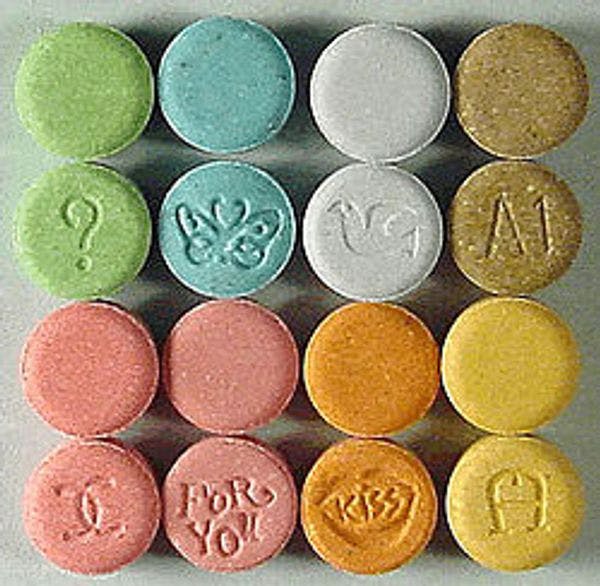Le drug checking réduirait les risques pour les usagers aux concerts et aux raves
Des scientifiques de John Hopkins affirment que les usagers récréatifs de drogues pourraient choisir de ne pas les consommer s’ils savaient que leurs pilules étaient adultérées. Pour en savoir plus, en anglais, veuillez lire les informations ci-dessous.
Abonnez-vous à l'Alerte mensuelle de l'IDPC pour recevoir des informations relatives à la politique des drogues.
Johns Hopkins scientists report that data collected over five years by volunteers who tested pills free of charge at music festivals and raves across the United States suggest that at least some recreational users of drugs may choose not to take them if tests show the pills are adulterated or fake.
"People would be safest not taking any street drugs at all, but if free, no-fault testing can reduce deaths and other catastrophic consequences, it may be a service worth having," says Matthew W. Johnson, Ph.D., associate professor of psychiatry and behavioral sciences at the Johns Hopkins University School of Medicine. "Our results suggest that some people will reject taking a pill to get high if it doesn't contain what they thought it did, or has harmful additives."
Johnson says his team's research highlights the potential public health value of reducing the risks of drug use, and says the development of additional ways to assess more dangerous street drugs, such as fentanyl and carfentanil, might offer a means of reducing the growing epidemic of fatalities associated with them.
Click here to read the full article.
Keep up-to-date with drug policy developments by subscribing to the IDPC Monthly Alert.
Thumbnail: Wikipedia
